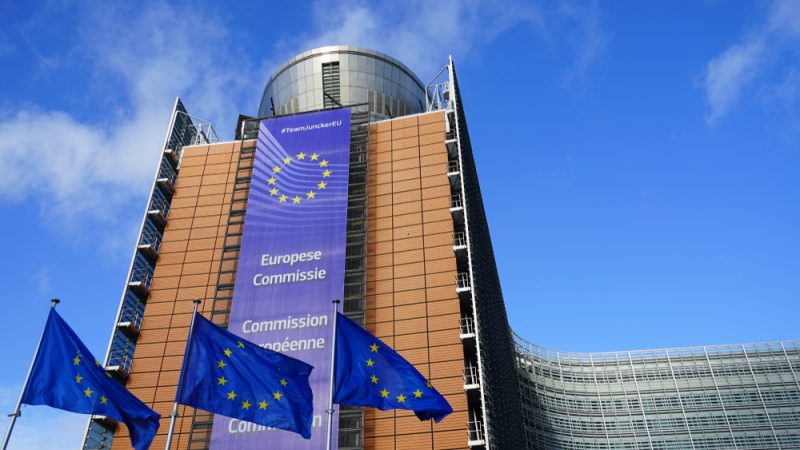EU Approves 28 Billion Euro German Renewable Energy Scheme

The European Commission has approved, under EU State aid rules, the modification of a German scheme to support the production of electricity from renewable energy sources. The scheme reflects a recent amendment by Germany to its Renewable Energy Act (“Erneuerbare Energien Gesetz” – ‘EEG 2023′), and will further contribute to achieving Germany’s energy and environmental targets and the EU’s strategic objectives relating to the European Green Deal.
The German measure
Germany notified the Commission of its plans to prolong and modify its support scheme for renewable energy, mostly replacing the support currently available under the EEG 2021 scheme approved by the Commission in April 2021, and amended in December 2021 and September 2022. The amended scheme will be applicable until end 2026.
The EEG 2023 support scheme, with an overall budget of €28 billion, aims at achieving a share of 80% of electricity produced from renewable energy sources by 2030, with a view to achieving climate neutrality by 2045.
Under the scheme, the aid will generally take the form of a market premium paid by the network operator to the producer on top of the market price for the electricity. However, in the case of very small installations, the aid will take the form of feed-in tariffs. Beneficiaries will be selected through competitive, transparent and non-discriminatory bidding processes.
Tenders will be organised per technology. Germany plans to increase the number and the volume of innovation tenders, as well as of tenders for rooftop and ground-based solar photovoltaic, onshore wind and biomethane.
See related article: EU Commission and EBRD to Unlock €2.1 Billion for Sustainable Infrastructure and Green Economy
The EEG 2023 scheme introduces new elements and amends the previous scheme as follows:
- Tender procedures are modified to make them more competitive, further limit the risk of overcompensation and keep costs to a minimum for consumers and taxpayers. In particular, on top of the existing safeguards for onshore wind and biomass, the scheme introduces an effective volume control mechanism for innovation, solar photovoltaic and biomethane tenders. As a result, there is a mechanism that allows to adjust the volumes tendered for each technology and avoid undersubscription.
- A new transitory solution is introduced to address Germany’s continued grid congestion issues. Regional measures will promote the development of electricity production from onshore wind, biomass and biomethane in the South of Germany, addressing the higher costs of renewable energy deployment in the area and ensuring projects are developed where more electricity consumption occurs.
- Germany will completely phase out as of 1 January 2027 the support for renewable electricity production at times of negative prices (i.e. when demand is lower and prices fall), in order to prevent overcompensating producers.
The Commission’s assessment
The Commission assessed the modification of the German scheme under EU State aid rules, in particular the 2022 Guidelines on State aid for climate, environmental protection and energy (‘CEEAG’).
The Commission found that:
- the scheme is necessary and appropriate to promote the production of renewable energy sources and to reduce greenhouse gas emissions. The scheme also contributes to better grid stability.
- the aid is proportionate, as it is limited to the minimum necessary, and the positive effects of the scheme, in particular the positive environmental effects, outweigh its negative effects in terms of distortions to competition. In particular, the aid is granted through a premium based on the lowest bids in an open and transparent bidding process. In addition, the tenders include an appropriate volume control mechanism for all technologies, ensuring that tenders will be competitive. Furthermore, the aid is limited to a maximum defined by the funding gap, which is the amount needed to develop projects. Finally, market signals will be less distorted in the future since support at times of negative prices will be phased out.
In line with the evaluation requirement envisaged by the CEEAG, Germany has developed a detailed plan for the independent economic evaluation of the EEG 2023, and has committed to improve the data gathering and the use of empirical methodologies in this respect.
On this basis, the Commission approved the modification of the German scheme under EU State aid rules.












